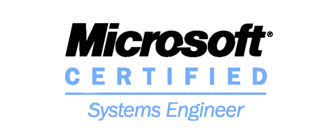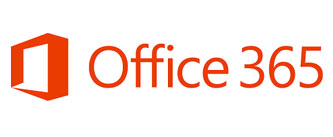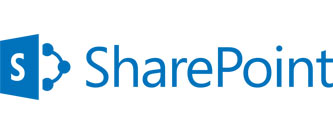What does end of support mean for you? After July 14, Microsoft will no longer issue security updates for any version of Windows Server 2003. If you are still running Windows Server 2003, you need to take steps now to plan and execute a migration strategy to protect your infrastructure. By migrating to Windows Server 2012 R2, Microsoft Azure or Office 365, you can achieve concrete benefits, including improved performance, reduced maintenance requirements, and increased agility and speed of response to the business.
Microsoft New Zealand is warning its Kiwi customers they will be vulnerable to cyber threats if they haven’t made the move from Windows Server 2003. The end of support deadline hits on 14 July 2015, just three weeks away, and with no new security patches being made available, Microsoft says organisations holding out on the migration from the Windows server isn’t ideal, and wants to remind customers of the benefits to migrating to more modern platforms.
The July deadline represents an opportunity to future-proof your business and realise the benefits of moving to modern platforms like Windows Server 2012 that is also built to allow a simple move to the cloud.
While many customers may feel like they are being sent on a forced march to update Windows Server 2003, the reality is that Microsoft’s support policies for its software products are relatively generous, and the company has released two successive products over the past six years. The Windows Server 2003 product is now in its 11th year of use and has long been a reliable part of many organizations’ infrastructure which is the very reason why it is still in use. Successive Windows products make clear improvements over Windows Server 2003, though IDC recognizes that it requires effort and investment on the part of customers to move aging applications forward to newer Windows versions. We believe that there are many attractive reasons to voluntarily move forward; the reality is that the threats and risks associated with going beyond the termination of extended support will be the real motivating factors for many customers. We think customers should take advantage of this migration and see it as an opportunity to not only move forward to a newer version of Windows but also modernize and prepare for the next generation of computer where hybrid and public clouds are important components of next-generation IT.





